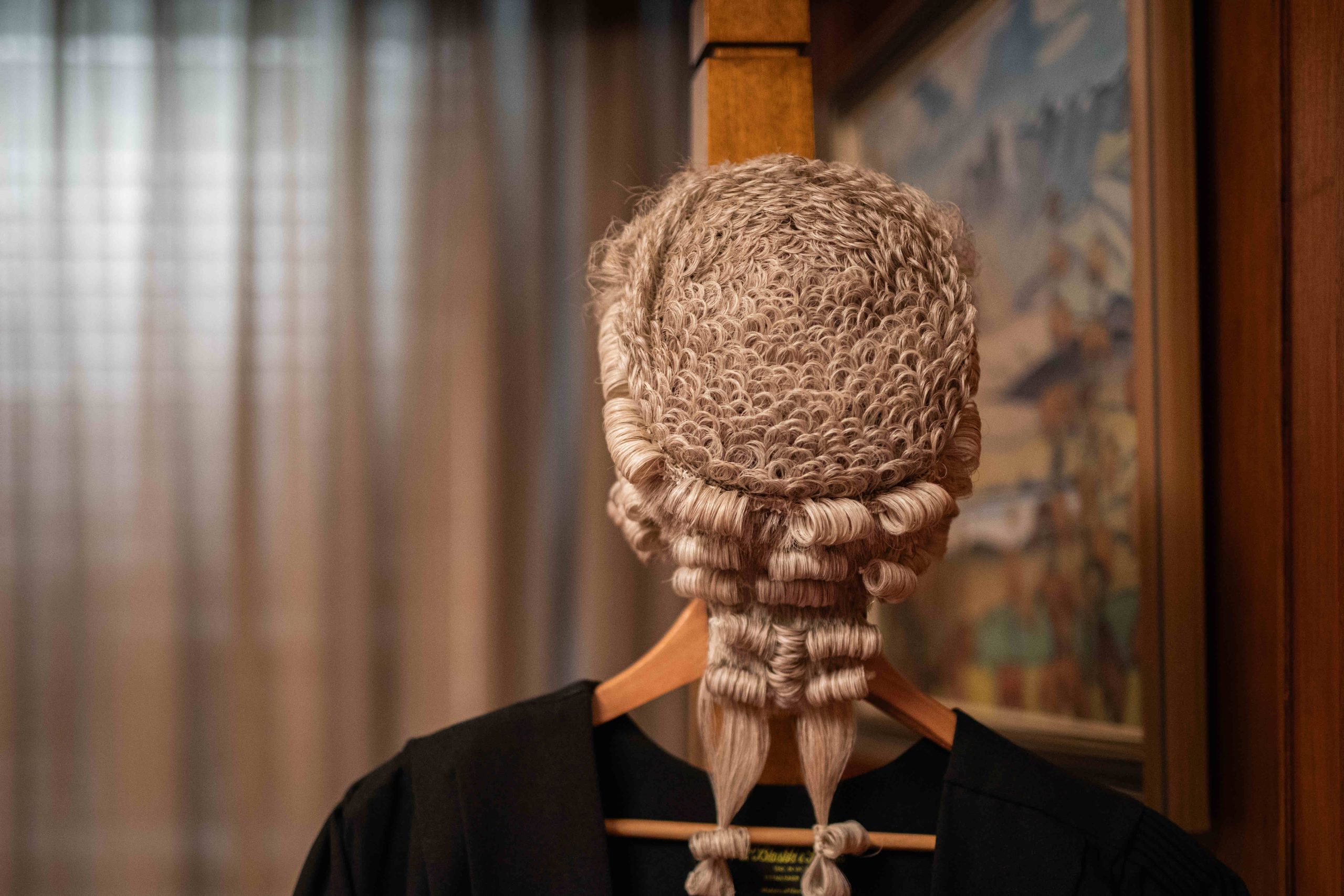
For healthcare professionals working in the medico-legal field, a solid understanding of the Civil Procedure Rules (CPR) is essential. These rules govern how legal cases are conducted in the civil courts of England and Wales, including timelines, evidence requirements, and the duties of expert witnesses. However, not all CPR training is created equal. When that training comes directly from a barrister specialising in personal injury and clinical negligence, it offers a uniquely valuable perspective—one that blends legal rigour with real-world application.
What Makes Civil Procedure Rules So Important?
The Civil Procedure Rules are the framework through which legal disputes are resolved fairly and efficiently. For experts involved in medico-legal work—such as neuropsychologists, occupational therapists, and rehabilitation case managers—understanding these rules is more than a regulatory requirement; it’s a critical part of maintaining credibility, avoiding procedural errors, and delivering evidence that truly supports the court’s process.
Key areas of the CPR relevant to healthcare professionals include:
- Part 35: Which outlines the duties and expectations of expert witnesses
- Disclosure obligations: Including transparency and impartiality in reporting
- Court timetables: Ensuring evidence is submitted in accordance with deadlines
- Joint statements and expert meetings: Where communication and clarity are vital
Without proper training, even the most clinically sound expert report can be rendered ineffective—or even inadmissible—due to procedural oversights.
Why Training from a Specialist Barrister Makes the Difference
Barristers who specialise in personal injury and clinical negligence bring a depth of legal insight that goes far beyond theoretical knowledge. Their day-to-day work involves analysing expert evidence, cross-examining witnesses, and understanding the strategic nuances of how clinical issues are challenged and defended in court.
When they lead CPR training, they provide:
- Practical examples from real cases, helping clinicians understand how their reports and conduct may be interpreted (or criticised) in a legal setting
- Detailed breakdowns of expert witness duties, including impartiality, clarity, and staying within scope of expertise
- Insight into cross-examination techniques, so that experts can feel better prepared for giving oral evidence in court
- Tailored advice on report writing, highlighting what makes a report persuasive, defensible, and CPR-compliant
This type of training is uniquely positioned to bridge the gap between clinical expertise and legal expectation—something that textbook summaries or online modules often fail to achieve.
Building Confidence and Legal Literacy
For healthcare professionals who are new to the medico-legal world, training with a barrister can dramatically improve confidence. Understanding the ‘why’ behind each procedural requirement helps build not just compliance, but competence. For experienced experts, it provides an opportunity to refine their approach, stay updated on evolving legal standards, and reflect on past experiences through a legal lens.
Moreover, such training encourages a more collaborative relationship between the legal and healthcare sectors—fostering mutual respect and ensuring that the expert’s role truly serves the court and the client.
At Medico-Legal Healthcare, we believe that the best expert witnesses are not only clinically skilled but legally informed. That’s why we offer CPR training delivered directly by barristers with deep experience in personal injury and clinical negligence. This hands-on, case-informed approach ensures that our experts are fully equipped to navigate the demands of medico-legal work with confidence, integrity, and professionalism—because excellence in expert reporting starts with excellence in legal understanding.


